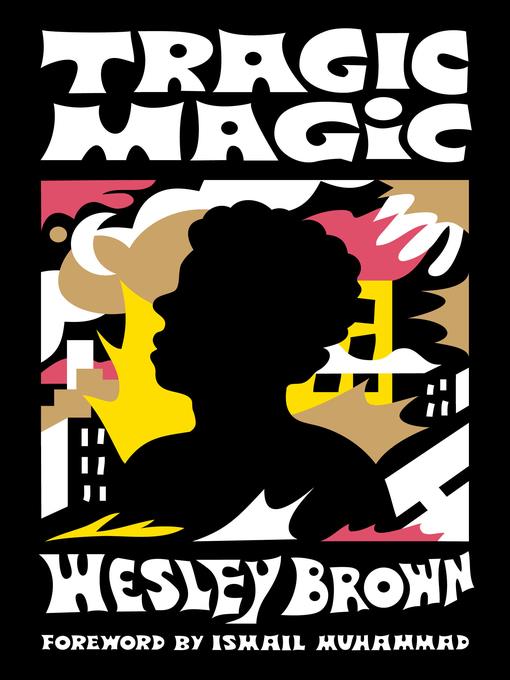
Tragic Magic
(Of the Diaspora--North America)
- اطلاعات
- نقد و بررسی
- دیدگاه کاربران
نقد و بررسی

February 15, 2021
First published in 1978, this jazz-inflected novel reappears decades later as a prescient ancestor to today's insurgent, boundary-breaching African American fiction. Brown's first and most celebrated novel comes across as a kind of compacted day-in-the-life spin of James Joyce's Ulysses, only with one point of view at its center. It belongs to Melvin Ellington, who as the novel begins has just been paroled from prison, where he spent two years after refusing military induction to protest the Vietnam War. As he heads back to his family's home in Queens, Melvin begins flashing back to various points in life, beginning with his days and weeks in stir, keeping at bay all manner of threats and assaults, especially from the rapacious con Chilly, while keeping his nose clean long enough to get out. Once back in his old neighborhood, Melvin's reveries wander afield, as far back as school days with his childhood buddies, the swaggering Otis, demure Alice, and brash Pauline, and the collegiate years when he was swept up in political activism with its rallies, demonstrations, interracial parties called "freedom highs," and even an act of "revolutionary suicide" by one of the activists. Things are no less volatile in Melvin's post-parole life as he reunites with Otis, who, unlike Melvin, went into the Army and lost his right hand in Vietnam. The long day's journey ends with Melvin, Otis, Alice, and Pauline party-hopping throughout New York and Otis' bitterness at Melvin and life in general slow-boiling toward a violent climax. Brown's coming-of-age novel, drawn from his own real-life experiences, explores a young Black man's difficulties with negotiating his way to maturity during the tumultuous years of the civil rights era and its immediate aftermath. But the novel gets its energy and, ultimately, its staying power less from its plot or theme than from its style: discursive, scatological, ribald, and acerbic. It deserves rediscovery by a new generation of readers curious about where an earlier generation of Black protest came from and how they came through its challenges. Brown was among a cadre of Black writers in the 1970s doing in print what Richard Pryor was doing on stage.
COPYRIGHT(2021) Kirkus Reviews, ALL RIGHTS RESERVED.




دیدگاه کاربران